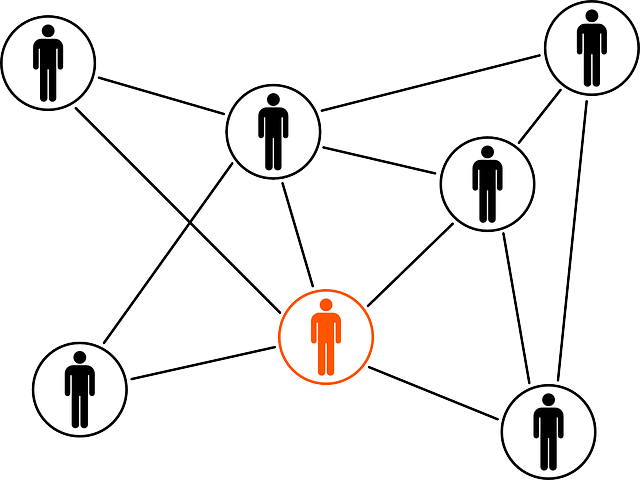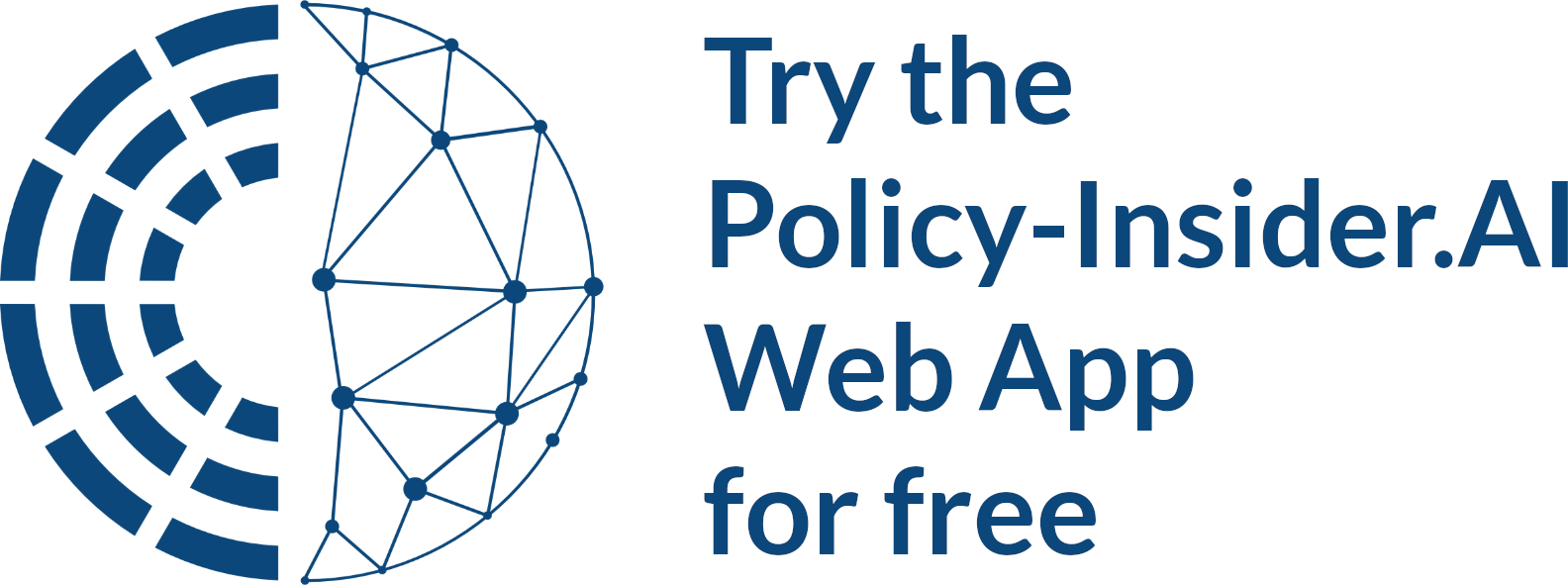In modern public affairs, fact- and evidence-based approaches are the basis for success. For a thorough assessment of the policy and stakeholder environment, your team needs experience, time, and appropriate resources. A constant evaluation of the team’s skills engaging in any advocacy campaign are the norm. However, little attention is given to the bias that is inherent in every process and to every professional involved in public affairs.
That bias might not be detrimental to the success of an advocacy campaign. However, reducing or even eliminating it might get your campaign to yield better and quicker results.
Let’s take a look at the most common biases in public affairs and on effective means to circumvent these.
Younger public affairs professionals can’t picture how lobbyists used to run to Parliaments to collect documents in pigeonholes. Yet, getting a document first meant a significant campaigning advantage. But have things really changed?
It is true that now almost every policy document is available online. That doesn’t mean though that these are easily accessible.

Every policy institution has several online resources in place to disseminate its documents. The committees of the European Parliament, e.g., have each their own pages, run by independent secretariats with different policies. And then there are dozens of relevant institutions, meaning that adequately monitoring these requires significant investment in your team. Most of institutional websites require training and dedicated processes to ensure high-quality monitoring.
This results in a prioritisation of sources and institutions that are followed. The choice will be based on the institutions you know, understand the functioning and have the capacity to monitor sustainably. You’ll miss potentially relevant developments and creating one of the most important bias in public affairs.

Of course, institutional websites are not the only source for accessing policy information firsthand. Many public affairs professionals invest a significant portion of their time to entertain their network.
Knowing the right persons in the right situation will increase your chances of catching new developments. However, these networks usually develop vertically: you work towards accessing more influential decision-makers within your zone of comfort. Instead, extending it also horizontally towards policy and decision-makers that are outside your current network will increase your playing field.
Concretely your network grows within the policy area you are involved in most, within institution you have ties to (e.g. from previous work experience), or persons that share similar political views etc.
Hence, public affairs professionals and consultancies are usually know to be the “go-to person for this or that institution”. Unless you have unlimited resources available for your campaign, you’ll have to make a choice. Selecting what institution you will be targeting primarily and which you will have to ignore, makes up for another high impact bias in public affairs.
Since the Lisbon treaty, national opinions have a significant larger impact on decision making in Brussels. Also, for those public affairs responsibles covering more than one geography, assessing policy developments is a major, time-consuming challenge.

Not even thinking about the understanding of the functioning of institutions in other countries, missing language skills are potentially the biggest limitation to global public affairs.
How do you know what happens in the Assemblée Nationale if you don’t speak french? How will you find out what Angela Merkel or the next chancellor said specifically if you don’t speak German?
In practice, subject to fund availability, organizations will partner up with local partners and agencies to monitor policy developments in regions of interest.
While this can work, it is far from ideal. You’ll have to deal with different standards in public affairs processing and reporting, constant alignment efforts and ultimately, having to trust your partners and service providers blindly.
Hence, your public affairs work is significantly impacted and biased by the existing language skills in your organization.

High-quality policy monitoring and analysis take time and requires constant reiteration, as policies and opinions develop continuously, 24 hours a day, 7 days a week. In theory, aspiring to be always up-to-date, means spending your complete time just doing monitoring.
However, in public affairs, that time might just not be available. Sudden opportunities, like an ad-hoc policymaker meeting or unexpected requests like a one-pager or a policy snapshot on an “unusual” topic might require you to quickly put things together. Again, relying on your experiencing, available sources and network might get you a sound result, but is it really the best you can achieve?
Many public affairs professionals have chosen this career pathway because of their passion for politics and their aptitude for wordsmithing. It is difficult to succeed in public affairs if you lack appropriate self-confidence. You learn not to give your interlocutors reasons to doubt your findings and reasoning. Whereas this might work well towards others, doesn’t it carry the risk that you will also never doubt yourself? Will this make you miss the opportunity to properly reflect your strategic approach of your campaign? Will you sustain your success if you think you don’t need new insights?
welcome.policy-insider.ai/ can unfortunately not help you with your personal confirmation bias. However, it is for sure the simplest way for you to significantly increase your policy knowledge. Policy-Insider.AI gives you firsthand insights into many of the most important institutions. Free from bias, ready for your analysis, not just in your zone of comfort.
About the author
Marc-Angelo has worked 15 years in Public Affairs, working across different regions and in different languages and is the founder of policy-inisder.ai.
This article was originally published in English. The translation was generated automatically and may contain mistakes.

